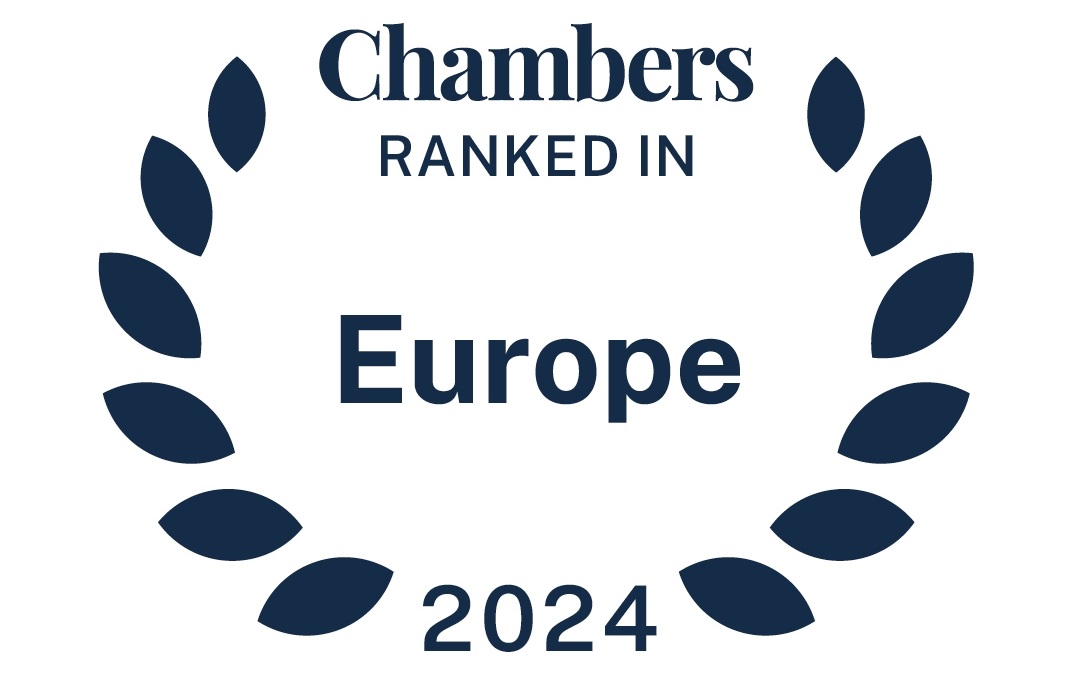2025 enforcement trends
The French Foreign Direct Investment (FDI) Bureau confirmed in 2025 the trends observed in 2024, notably a continued increase in the number of notifications, including a significant volume of filings linked to collective insolvency proceedings.
The Bureau emphasized that its review process is grounded in objective, non-discriminatory, transparent, and predictable criteria. Ongoing dialogue between investors and the administration was highlighted as a key factor in ensuring legal certainty, deal stability, and investor confidence.
read more


 Subscribe
Subscribe


